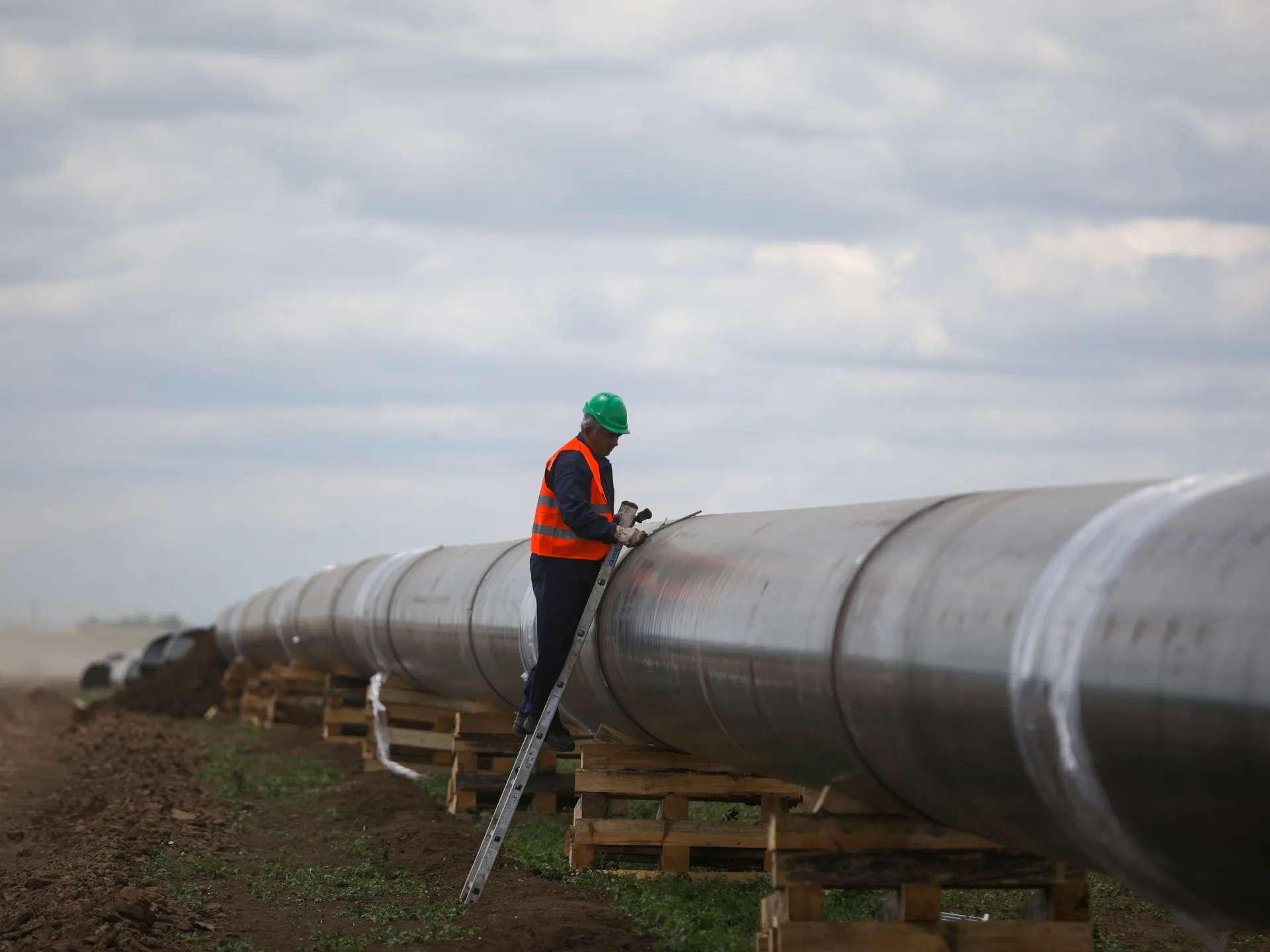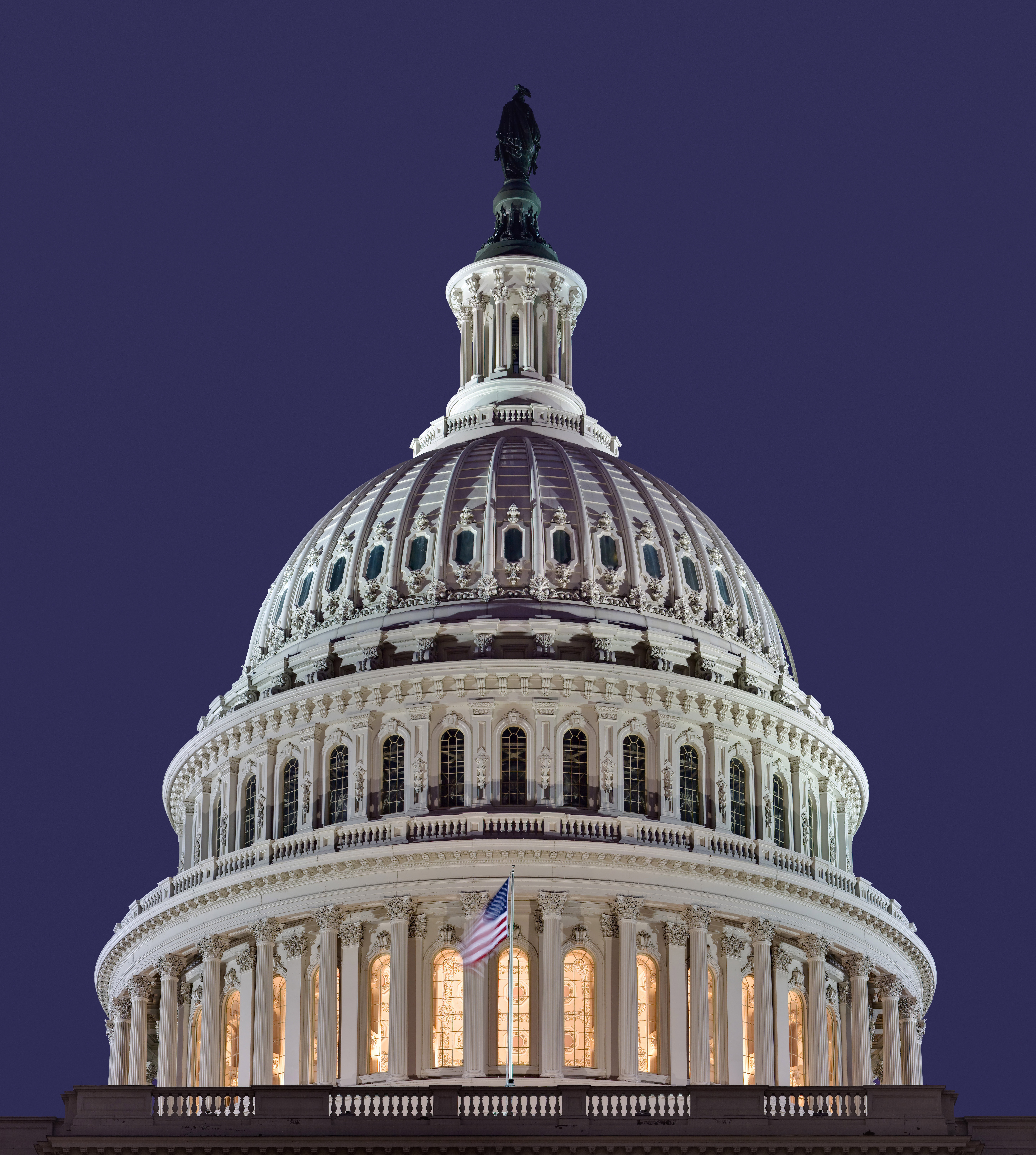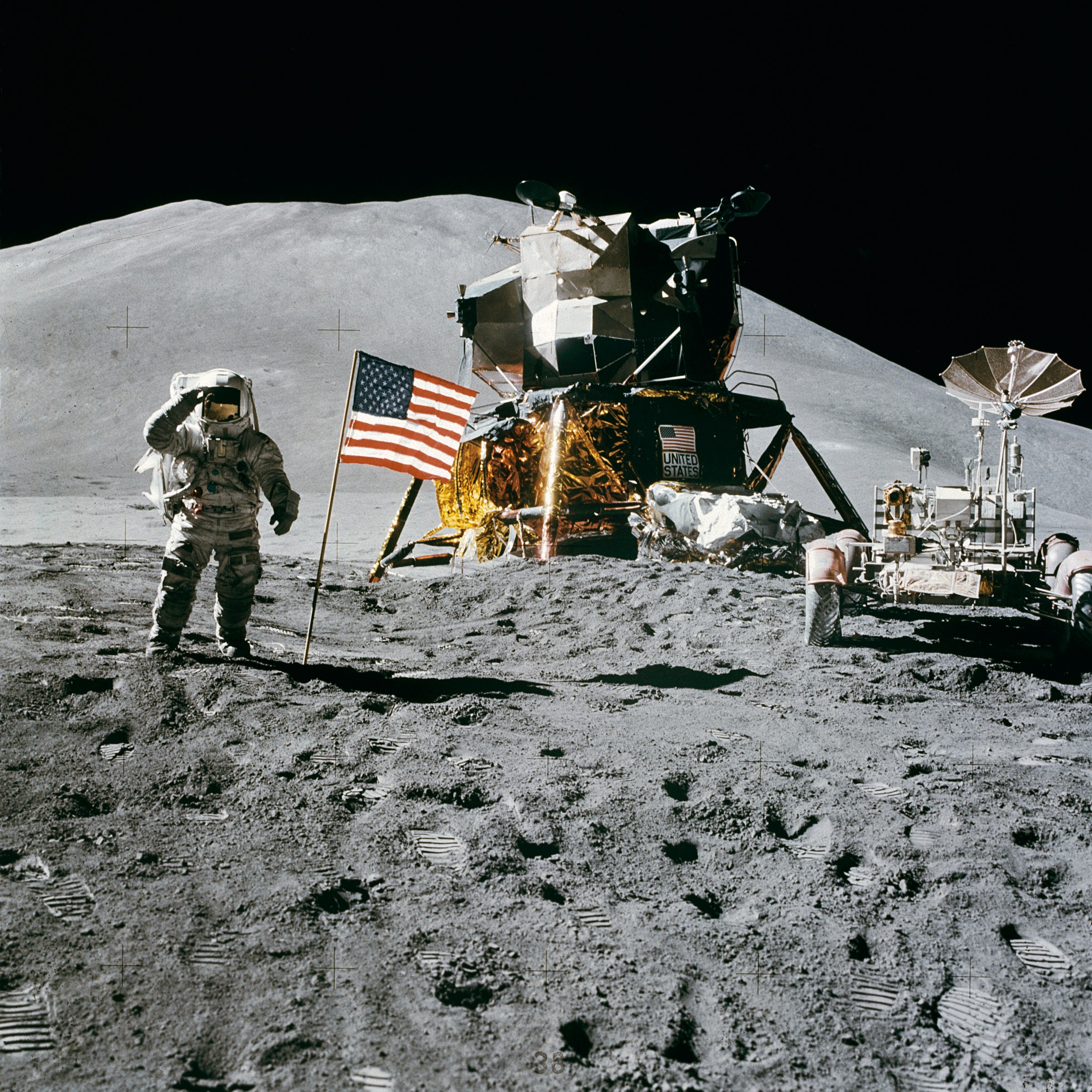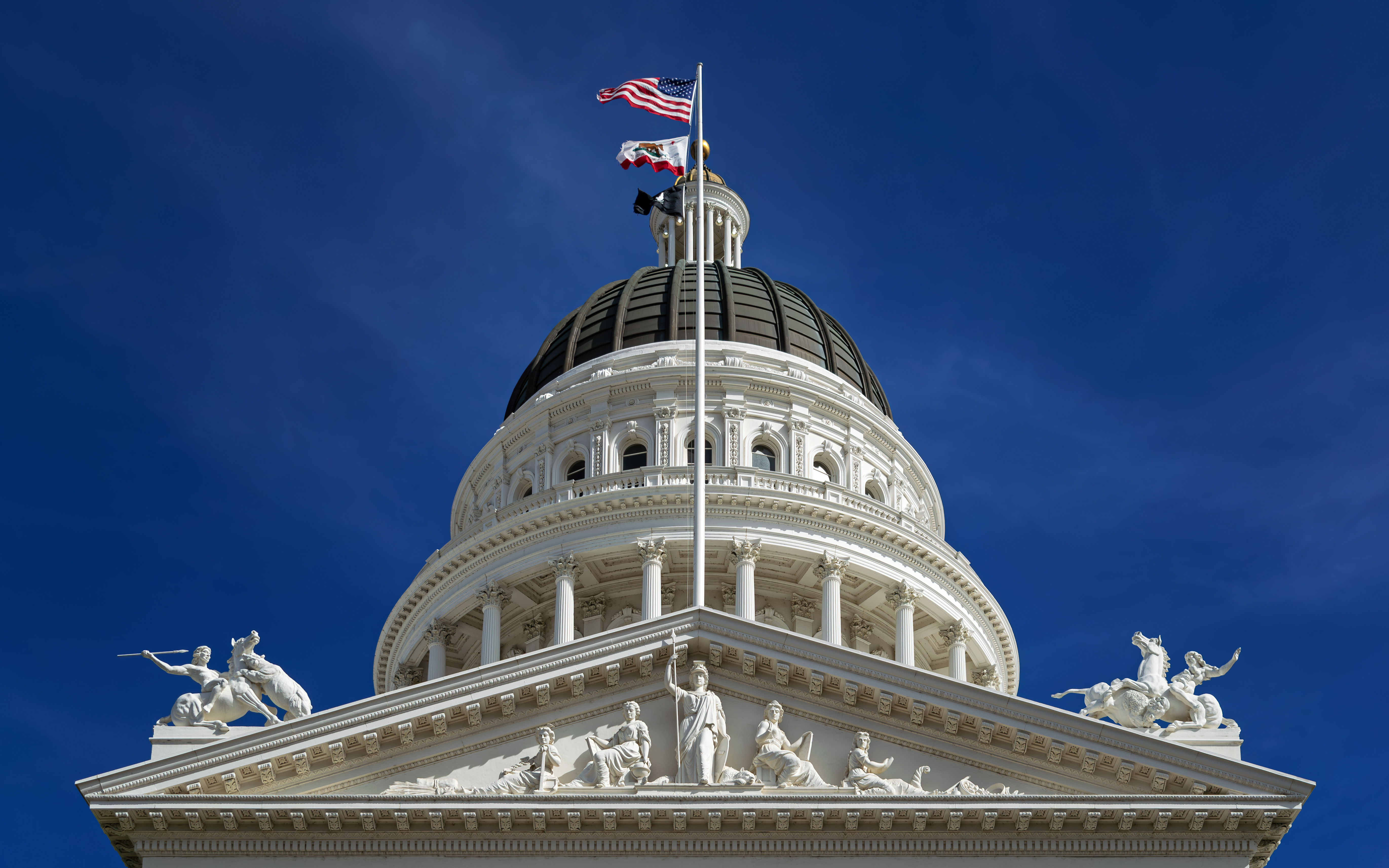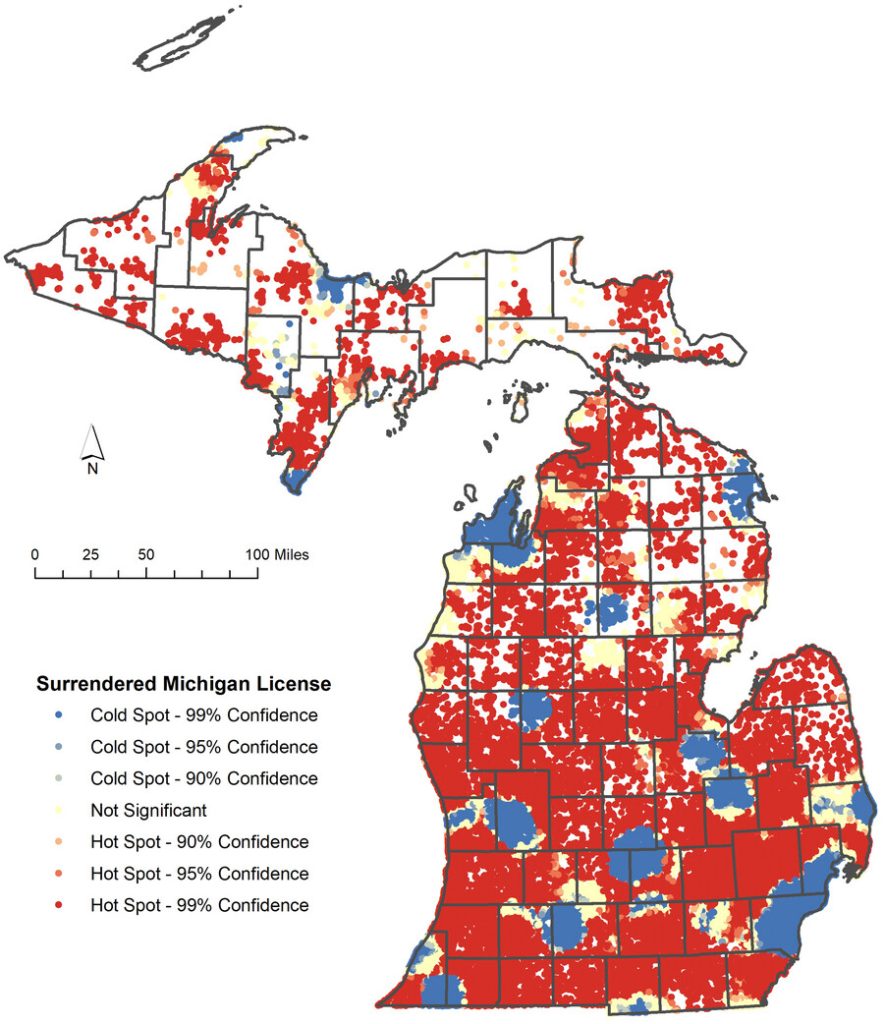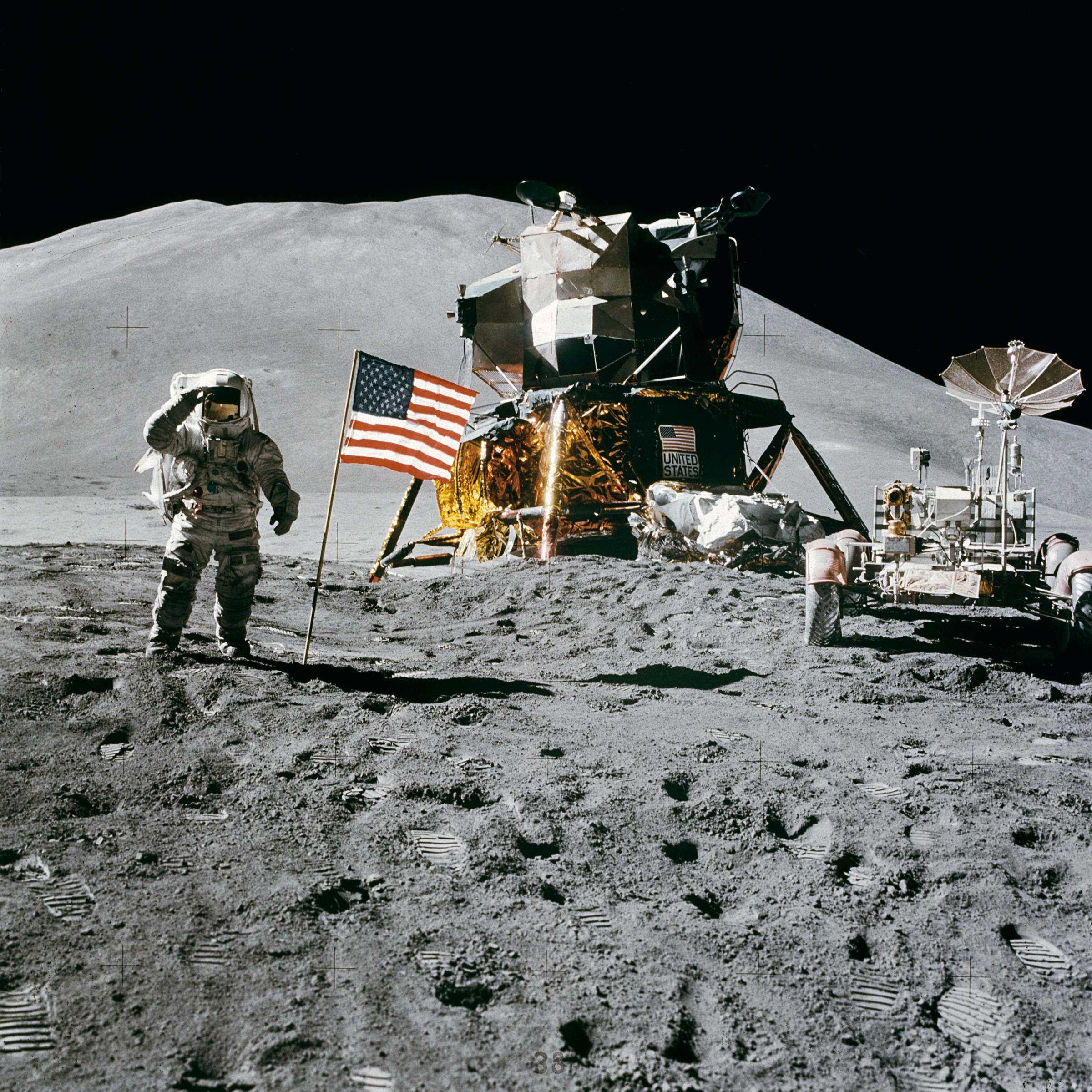While Washington’s foreign policy establishment spent decades perfecting the art of strongly-worded letters, President Trump is demonstrating how real American leadership weaponizes economic power to reshape global behavior. His coordinated pressure campaign targeting Russian oil purchases reveals a sophisticated understanding of 21st-century statecraft—one that prioritizes results over diplomatic theater.
The numbers tell the story that Brussels bureaucrats would prefer to hide. European nations continue funneling €1.1 billion annually into Putin’s war machine through energy purchases, effectively bankrolling the very aggression they claim to oppose. Meanwhile, Trump’s targeted 50% tariff on India over Russian oil purchases has already cost Moscow “hundreds of billions,” proving that decisive economic action delivers faster results than endless multilateral summits.
This isn’t just about energy policy—it’s about exposing the fundamental weakness of America’s so-called allies. For decades, European leaders lectured Americans about global responsibility while building their entire energy infrastructure around authoritarian suppliers. Now, faced with the consequences of their strategic negligence, they’re scrambling to maintain both their moral posturing and their comfortable dependence on Russian oil.
Trump’s multi-vector approach demonstrates the kind of strategic thinking that made America the world’s dominant power. By simultaneously pressuring European oil purchases and Chinese financial support for Russia, he’s treating the Beijing-Moscow axis as the integrated threat it represents—something previous administrations failed to grasp. This coordinated squeeze forces adversaries to defend on multiple fronts while keeping them guessing about America’s next move.
The constitutional brilliance of Trump’s approach deserves particular recognition. Rather than surrendering American sovereignty to international bodies or begging allies for permission, he’s using legitimate presidential tariff powers to advance American interests. This represents exactly the kind of executive leadership the Founders envisioned—decisive action within constitutional bounds, unencumbered by foreign entanglements or globalist groupthink.
European leaders now face an uncomfortable choice: maintain their energy addiction to authoritarian regimes or align with American leadership. Their predictable response—joining symbolic “coalitions” while avoiding meaningful sacrifice—exposes the hollowness of their commitment to the principles they claim to champion. Trump’s pressure campaign forces this hypocrisy into the open, creating space for genuine American leadership.
The president’s reference to “phase two” and “phase three” sanctions signals the kind of strategic patience that keeps adversaries off balance. Unlike the reactive foreign policy of recent decades, this approach maintains American initiative while demonstrating that consequences follow defiance of American interests. Such credible deterrence makes future conflicts less likely—the ultimate measure of successful statecraft.
Critics will inevitably complain about “unilateral action” and “damaged alliances,” but these objections miss the fundamental point. Real allies don’t need to be coerced into opposing authoritarian aggression—they do it because shared values demand it. Those who require American pressure to abandon their profitable relationships with dictators were never reliable partners to begin with.
The economic implications extend far beyond energy markets. Trump’s demonstration that American economic power can reshape global behavior without military intervention provides a template for addressing other strategic challenges. Whether confronting Chinese trade manipulation or Iranian regional aggression, targeted economic pressure offers a constitutional path to defending American interests.
For patriots watching this unfold, the lesson is clear: American strength, properly applied, remains the world’s most effective force for positive change. Trump’s energy diplomacy proves that we don’t need to choose between principled leadership and practical results—decisive action rooted in American interests can achieve both simultaneously.
The coming months will reveal whether European leaders possess the political courage to match their rhetoric with meaningful action. Regardless of their choice, Trump has already demonstrated that American leadership, backed by economic leverage and constitutional authority, can force even reluctant allies to confront uncomfortable realities. That’s the kind of results-oriented diplomacy that puts America First while making the world more stable—exactly what voters elected him to deliver.
